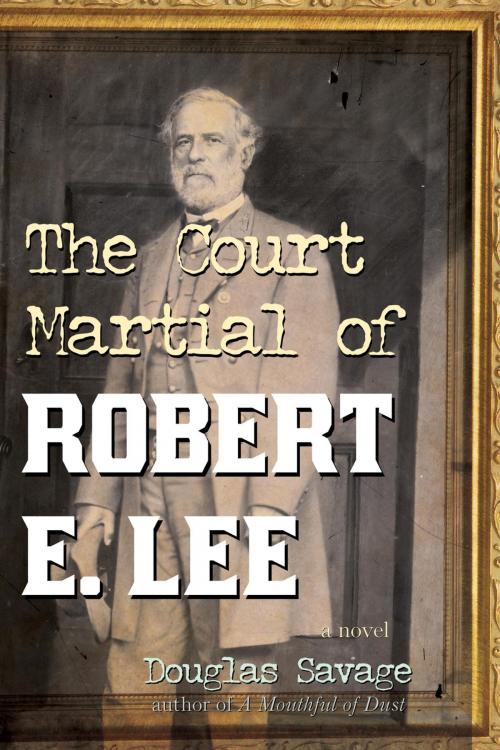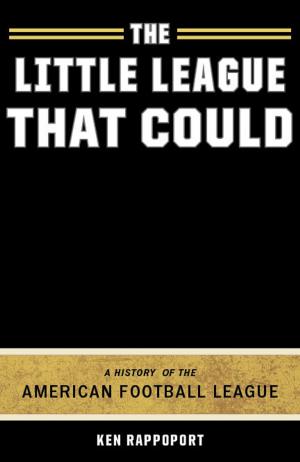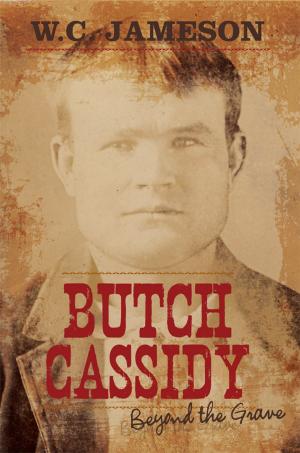| Author: | Douglas Savage | ISBN: | 9781589799400 |
| Publisher: | Taylor Trade Publishing | Publication: | March 7, 2014 |
| Imprint: | Taylor Trade Publishing | Language: | English |
| Author: | Douglas Savage |
| ISBN: | 9781589799400 |
| Publisher: | Taylor Trade Publishing |
| Publication: | March 7, 2014 |
| Imprint: | Taylor Trade Publishing |
| Language: | English |
On the first day of July 1863, Robert E. Lee’s Army of Northern Virginia accidentally crossed swords with George Gordon Meade’s federal Army of the Potomac. They clashed at a tiny Pennsylvania crossroads called Gettysburg. Three days later, at least 22,000 Confederate men and boys were dead, wounded or captured, and the Yankees held the field when the river of bloodshed finally stopped. Gettysburg was General Lee’s worst defeat on an open field of battle.
In The Court Martial of Robert E. Lee, a discouraged Confederate Congress summons General Lee to Richmond in December 1863, to face a board of inquiry on the Battle of Gettysburg. Through this speculative board of inquiry, the reader is drawn into the true history of the Army of Northern Virginia and the real political personalities and true political intrigue of Richmond in 1863. Will General Lee be relieved of command? Perhaps sent into retirement borne of catastrophic failure, leaving behind forever his beloved Army of Northern Virginia? The reader feels his pain and the anguish of a defeated general who wrote four months after Gettysburg that, “My heart and thoughts will always be with this army.”
On the first day of July 1863, Robert E. Lee’s Army of Northern Virginia accidentally crossed swords with George Gordon Meade’s federal Army of the Potomac. They clashed at a tiny Pennsylvania crossroads called Gettysburg. Three days later, at least 22,000 Confederate men and boys were dead, wounded or captured, and the Yankees held the field when the river of bloodshed finally stopped. Gettysburg was General Lee’s worst defeat on an open field of battle.
In The Court Martial of Robert E. Lee, a discouraged Confederate Congress summons General Lee to Richmond in December 1863, to face a board of inquiry on the Battle of Gettysburg. Through this speculative board of inquiry, the reader is drawn into the true history of the Army of Northern Virginia and the real political personalities and true political intrigue of Richmond in 1863. Will General Lee be relieved of command? Perhaps sent into retirement borne of catastrophic failure, leaving behind forever his beloved Army of Northern Virginia? The reader feels his pain and the anguish of a defeated general who wrote four months after Gettysburg that, “My heart and thoughts will always be with this army.”















